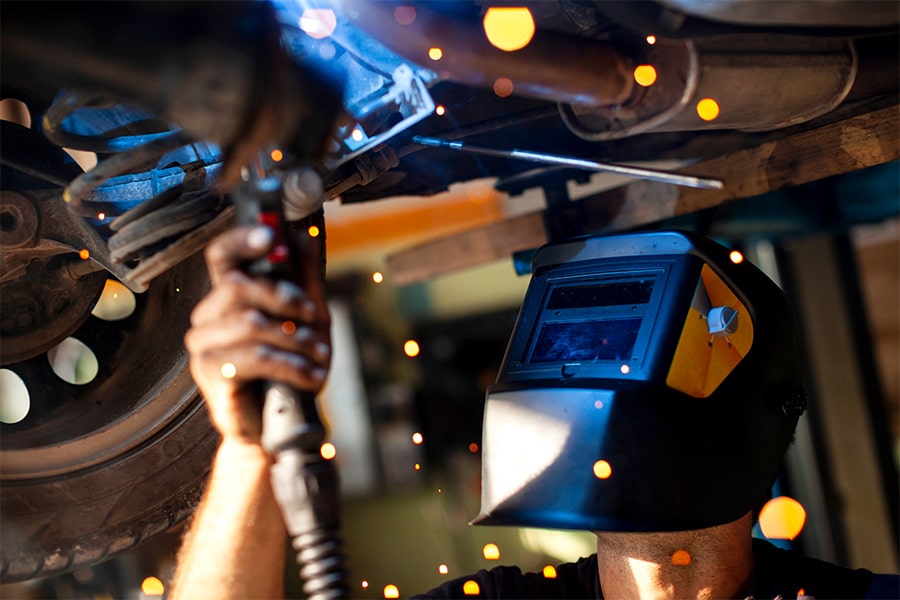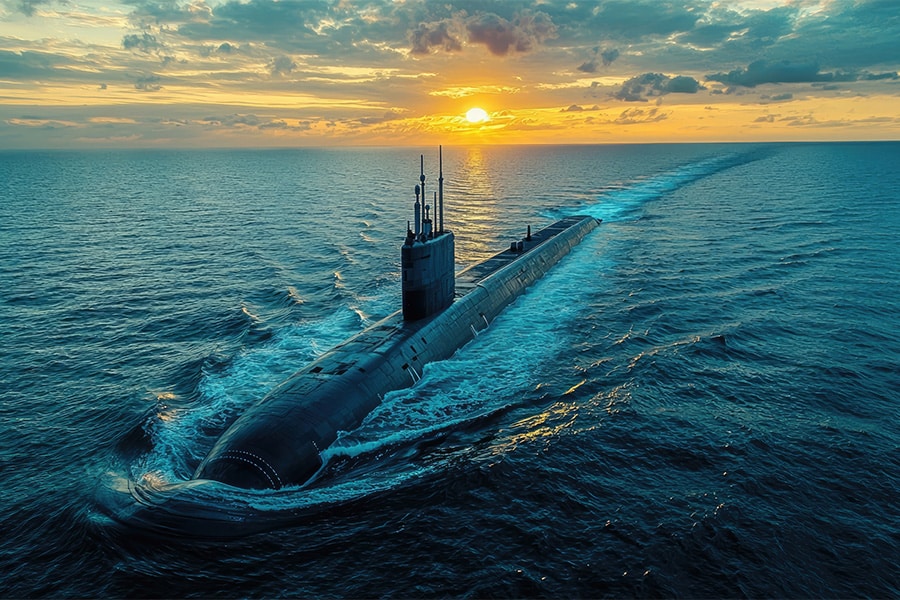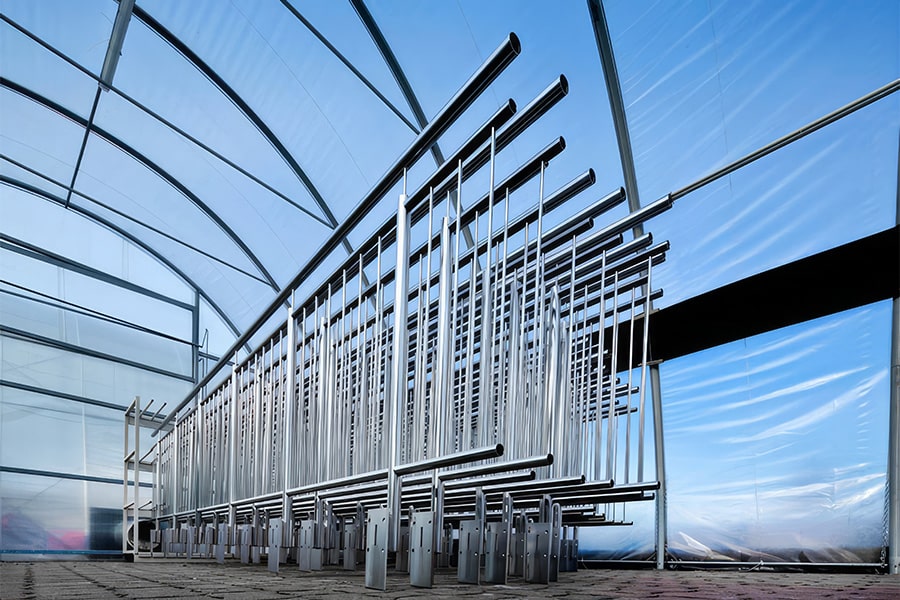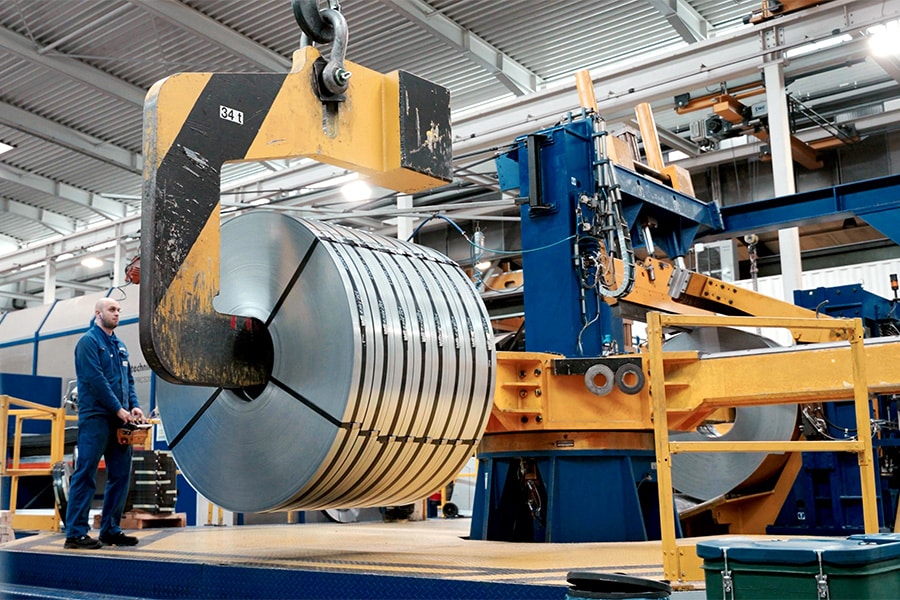
Manufacturer of implements and attachments opts for CNC controlled fire cutting machine
At Hekamp Werktuigen & Aanbouwdelen in Kootwijkerbroek, a sizeable flatbed cutting installation plays a key role in production. When it became apparent that crucial components of the existing fire cutting machine were no longer available, an important choice had to be made to minimize the risk of failure: retrofit/rebuild or purchase a new machine. It became the latter, with Wouters Cutting & Welding of Turnhout was commissioned to come up with a customized solution.
After completing his technical education, Henk Kampert was already active in sheet metal working and welding in 1962. In 1969 this resulted in the establishment of Hekamp, an adventure he undertook together with his brother Evert. At first, the work was mainly traditional, but over the years more and more new techniques made their appearance. "Especially in the last decades we have made the necessary technological strokes," Kampert says. "At some point you start designing with a CAD system and you start CNC cutting on a large fire cutting machine. Then, of course, the phenomenon of 'nesting' also looms in order to get the maximum efficiency out of plates. We use special software for that. We have also been using robotic welding for years."

Focus on agriculture
"Initially, we were quite broad-based," Kampert continues. "In addition to parts for agricultural machinery, we also did construction work for sheds for which we produced trusses and beams, among other things. Many contractors knew where to find us. But gradually the focus shifted to agriculture. Today, with a workforce of about ten people, we produce various tools and attachments for wheel loaders, telescopic handlers, tippers, tractors, and forklifts. We also make clamps. Most of it is made to order, whereby we provide perfect customization based on our extensive experience. Everything is produced in-house from A to Z where CNC cutting and (robotic) welding play key roles."

New fire cutting machine
Hekamp has been a customer of Wouters Cutting & Welding (WCW), which also supplied the previous fire cutting machine. "At some point a machine reaches the end of its serviceable life," says Robert Schildermans, responsible for sales in the Netherlands at WCW. "You could probably overhaul it, but then you get stuck with outdated technology. This is partly why Hekamp opted for a new state-of-the-art fire cutting machine. Given the wishes and requirements, we recommended a MicroStep MG machine."
The MicroStep MG is a very fast and precise CNC controlled fire cutting machine. The machine frame is modular and the machine itself is a gantry version with double-sided drive. The portal is solidly constructed and rests on linear guides set up separately from the table. Due to its robust construction, the MG machine is not only suitable for fire cutting, but can also be used for drilling, tapping or cutting pipes and boiler covers. This flexibility makes the machine profitable in multiple fields. The control system is based on Windows 11 and extremely user-friendly.

Four plates at once
"We program the machine from the CAD system," Kampert says of it. "We regularly cut sheets with a thickness of 80 mm, but also thinner sheets. Up to about 25 mm the cutting is done with plasma, above that thickness we use oxyfuel. Thanks to the large size of the table, we can put four 6 x 2 meter plates on it. With the nesting program, we can classify the material as efficiently as possible so that we have as little waste as possible. Because we can put four plates on the cutting table, we can also run the cutting machine unmanned. Except when we do oxyfuel cutting, because then we choose to always have an operator nearby. That we chose a machine from WCW is no coincidence, by the way. We have known each other for years. They provide good training for the operators and are always available for questions. The result is that the new MicroStep MG machine allows us to work faster and more accurately than the old machine and requires less rework. Profit on all fronts, in other words."
Heeft u vragen over dit artikel, project of product?
Neem dan rechtstreeks contact op met Wouters Cutting & Welding.
 Contact opnemen
Contact opnemen




